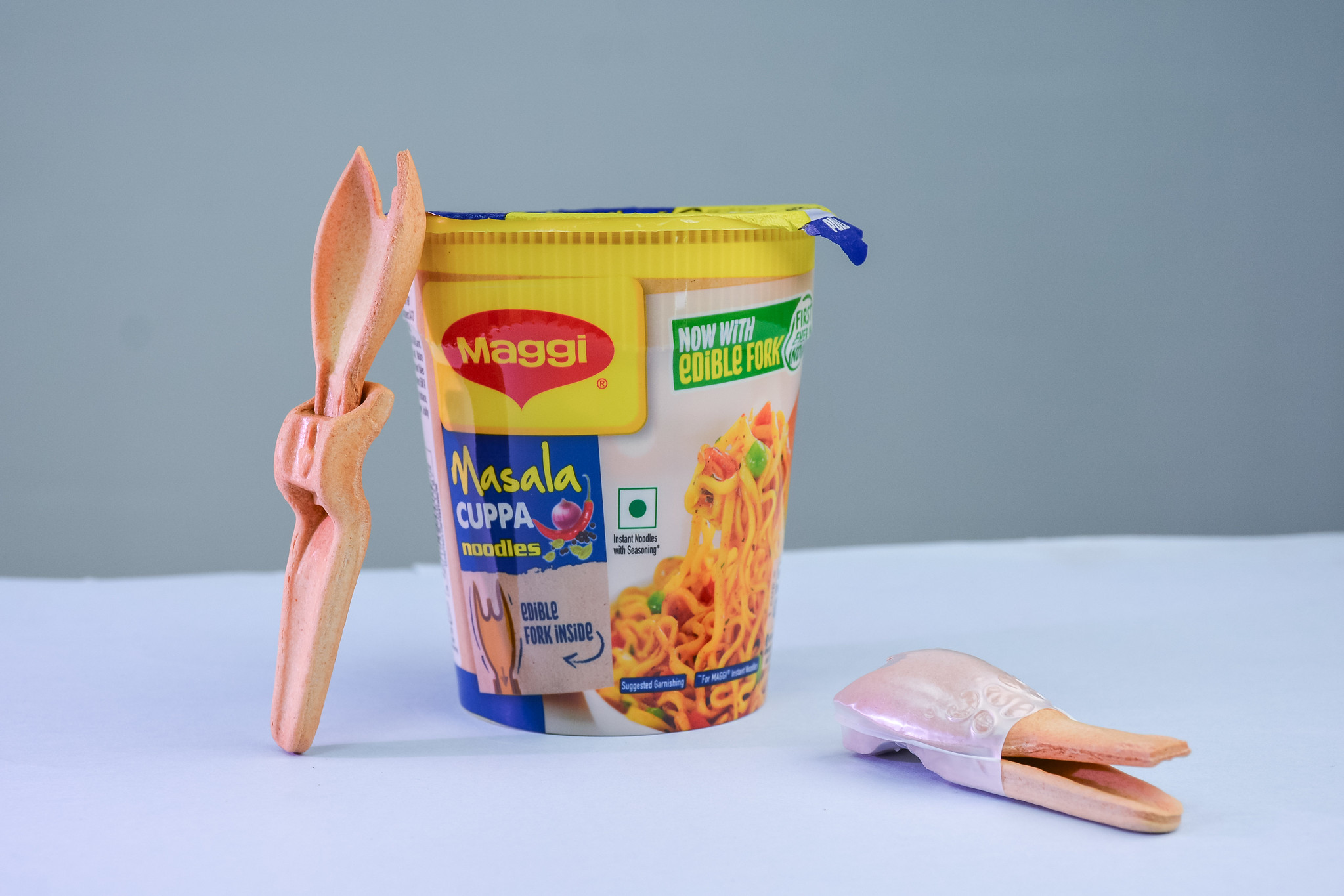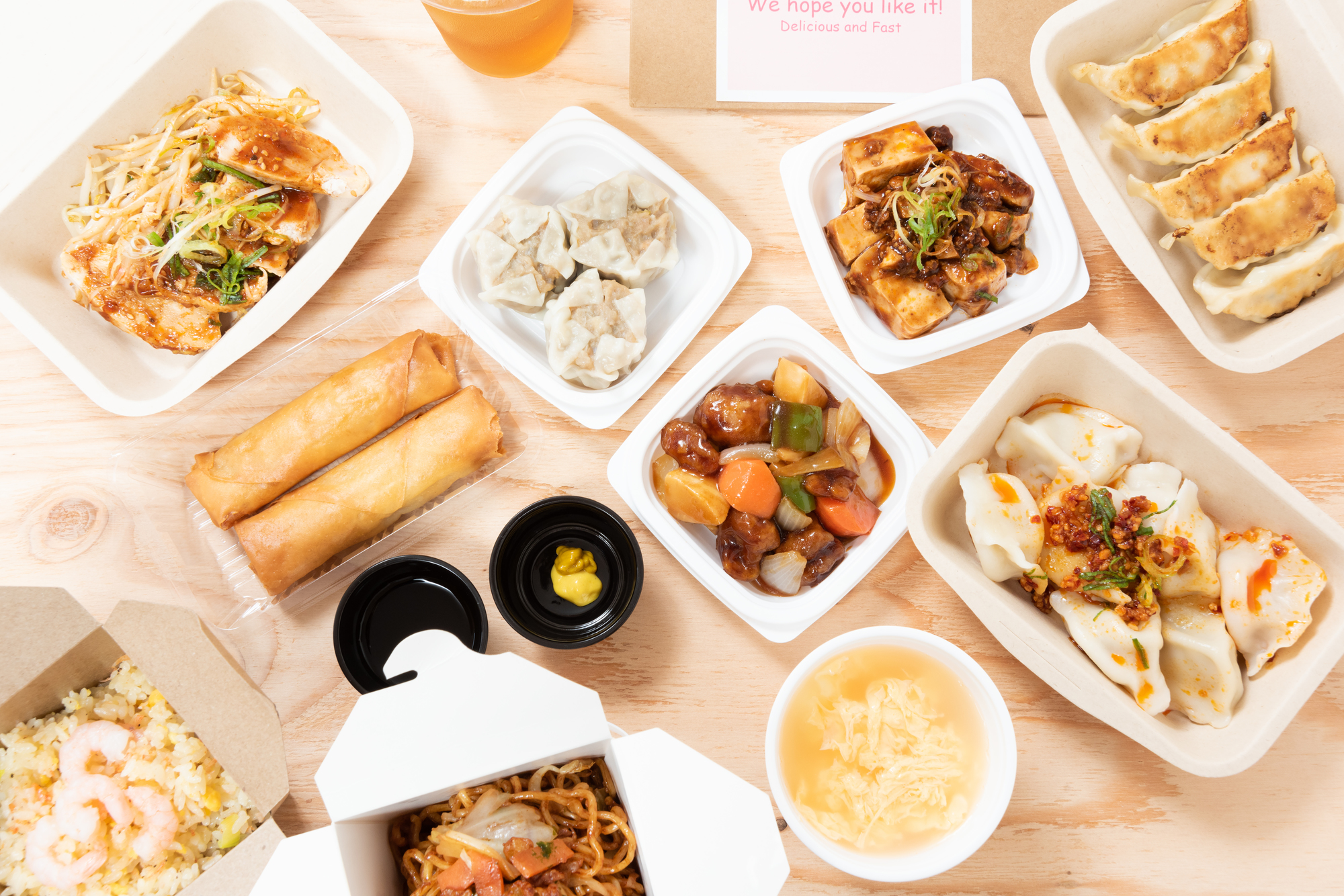In its quest to appeal to environmentally conscious consumers, Nestlé recently unveiled a novel plant-based product – a plant-based fork.
Nestlé created the limited-edition, plant-based fork intended for Maggi cups of noodles in India. Nestlé’s food science and packaging employees at the company’s facility in India partnered with a local startup to develop the fork – a two-piece, edible utensil made from wheat flour and salt.
Nestlé said the innovation is a key part of its commitment to eliminate or reduce the use of plastics in packaging, as well as simplifying packaging materials, while scaling reusable and refillable systems when possible.
“We continuously explore different types of alternative, sustainable packaging solutions that ensure food safety, consumer experience, and product taste and quality,” said Gerhard Niederreiter, head of Nestlé’s Institute of Packaging Sciences, in a press release. “In this case, our packaging experts developed a unique alternative fork built on our scientific expertise.”
Additionally, Nestlé’s R&D department is piloting a patented paper scoop for adult milk powders in China. That innovation features a flat, foldable scoop and metal cap which combine to ensure that no plastic is required in the packaging design.
As of 2021, Nestlé claimed to have replaced 4.5 billion plastic straws globally with paper versions. And, the Nestlé Institute of Packaging Sciences has also focused significant efforts in developing new paper cups, which include researching non-plastic coatings for paper cups that can protect consumers from scalding hot beverages.
To see a brief YouTube video displaying multiple Nestle packaging innovations, click here.
“Reducing packaging and designing packaging for recycling are both key pillars to Nestlé’s sustainability commitments,” said Antonia Wanner, the company’s head of ESG strategy and deployment. “Our teams are constantly exploring novel materials and cutting-edge technologies for packaging solutions that are convenient, protect food, and are good for the planet.”
The Food Institute Podcast
Funding sources are drying up and inflation is making it harder and harder for higher-priced food brands to compete – what’s an early-stage food company to do? Dr. James Richardson, owner of Premium Growth Solutions and author of Ramping Your Brand, joined The Food Institute Podcast to discuss what types of food companies are succeeding under current industry dynamics.










